The Masters in Media, Power, and Public Affairs (MPPA)
In 2014 we successfully launched an exciting and unique new Masters degree: the MSc Media, Power, and Public Affairs (MPPA). This new programme replaced our previous Masters, the MSc New Political Communication, which ran successfully from 2008 to 2013. In designing our new programme we wanted to provide a unique focus on how media shape—and are shaped by—social and political power.
You can read more about this programme below, and you can apply for a place by following the links.
If you have any questions about this programme, please contact the postgraduate director, Professor Nathan Widder on n.e.widder@rhul.ac.uk .
Please note: while there is no formal deadline for applications and we accept applications throughout the year, the number of places on the MPPA program is limited. Applications are considered in the order in which they are received. We strongly recommend that you enquire about potential study in the autumn and early winter before the academic year in which you wish to begin your course. To avoid disappointment, submit your application no later than July 31.
About the Masters in Media, Power, and Public Affairs
Founded in 2007 the New Political Communication Unit is a distinctive and internationally-leading centre for the study of media and politics.

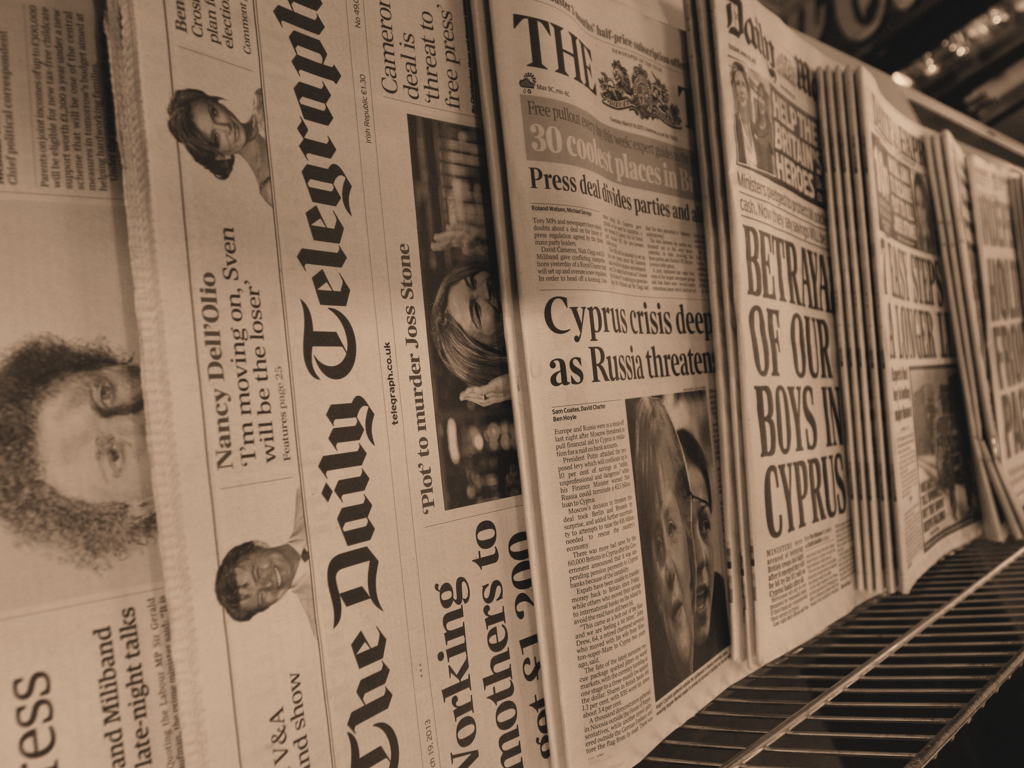
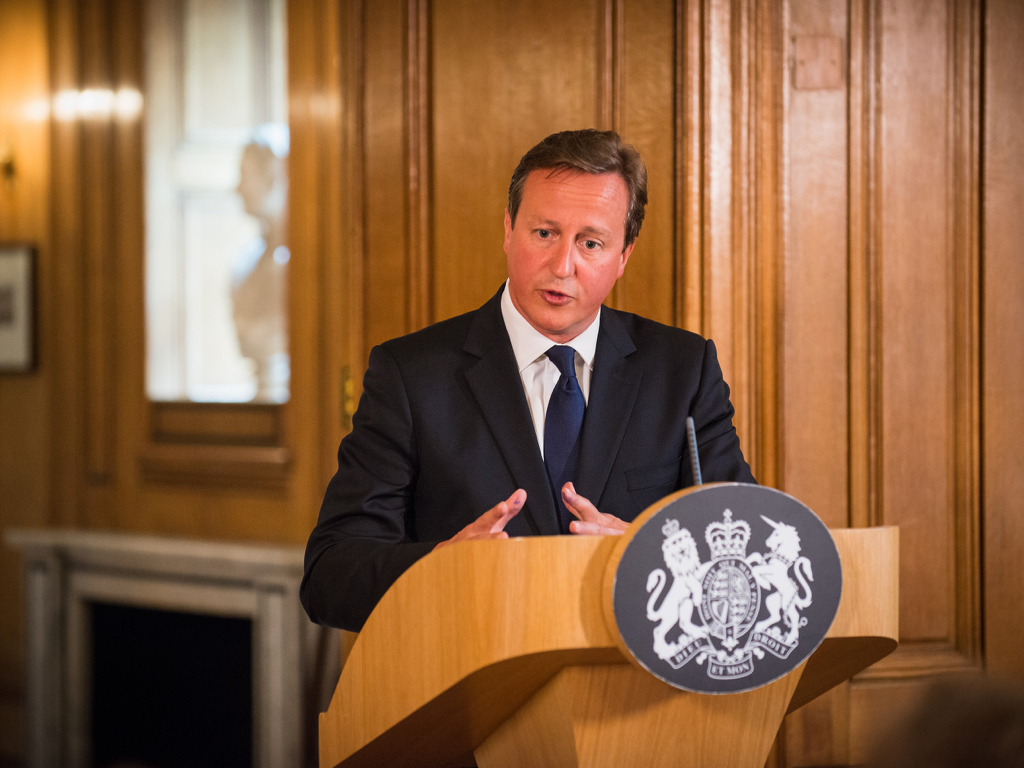
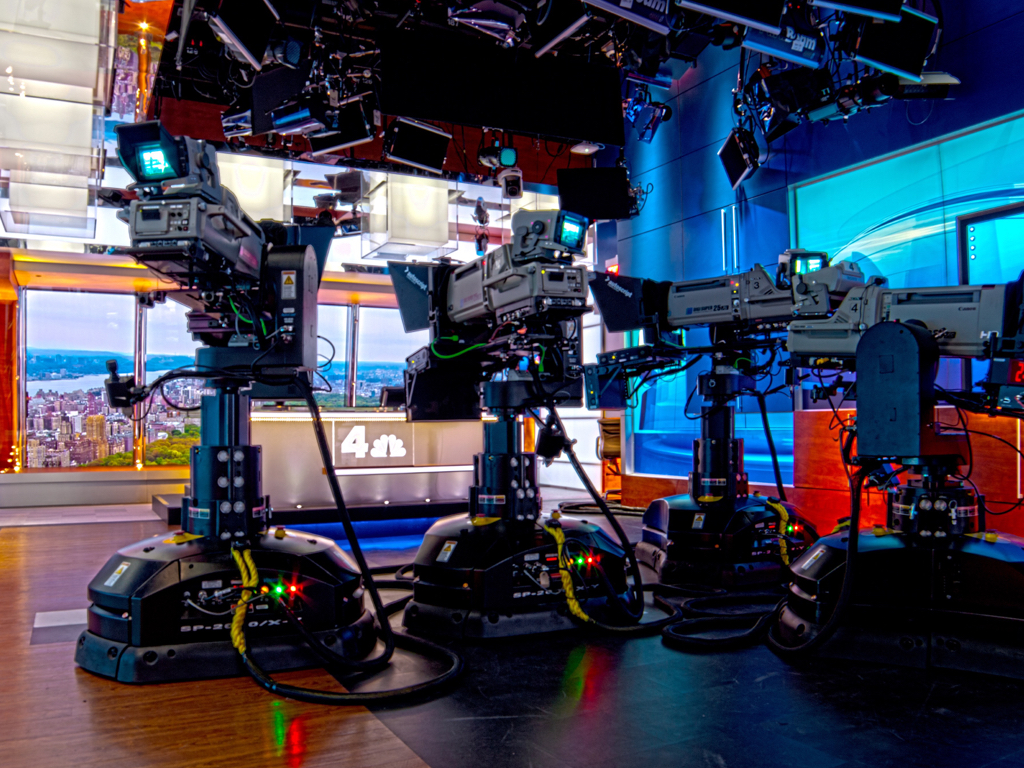

We are living through an era of tumultuous change in how politics is conducted and communicated. The great digital disruption of the early twenty-first century continues to work its way through media systems around the world, forcing change, adaptation, and renewal across a whole range of areas: political parties and campaigns, interest groups, social movements, activist organisations, news and journalism, the communication industries, governments, and international relations.
In the New Political Communication Unit at Royal Holloway, University of London, we believe the key to making sense of these chaotic developments is the idea of power—how it is generated, how it is used, and how it shapes the diverse information and communication flows and relationships that affect all our lives.
This unique new Masters degree is for critically-minded, free-thinking individuals who want to engage with the exciting intellectual ferment being generated by these unprecedented times. The curriculum integrates rigorous study of the very best academic research with an emphasis on making sense of political communication as it is practiced in the real world, in both "old" and "new" media settings.
While not a practice-based course, the MSc Media, Power, and Public Affairs is perfect for those who wish to build a career in the growing range of professions that require deep and critical insight into the relationship between media and politics and public communication more generally. These include advocacy, campaign management, political communication consultancy, journalism, government communication, policy analysis, public opinion and semantic polling, and public diplomacy, to name but a few. Plus, due to its strong emphasis on scholarly rigour, the MSc in Media, Power, and Public Affairs is also the perfect foundation for a PhD in the study of media and politics.
You will study a mixture of core and elective units, including a generous choice of free options, and write a supervised dissertation over the summer. Teaching is conducted primarily in small group seminars that meet weekly, supplemented by individual tuition for the dissertation.
Core course units
Media, Power, and Public Affairs: You will examine the relationship between media, politics, and power in contemporary political life. This unit focuses on a number of important foundational themes, including theories of media effects, the construction of political news, election campaigning, government communications and spin, media regulation, the emergence of digital media, the globalisation of media, agenda setting, and propaganda and the role of media in international affairs. The overarching rationale is that we live in an era in which the massive diversity of media, new technologies, and new methodologies demands new forms of analysis. The approach will be comparative and international.
Strategic Political Communication: The main objective of this course is to show students that political communication strategies play an important role in shaping and monitoring government actions. The course examines the relationship between media, campaigns, government and citizens’ ad different stages of the political cycle. From the formulation of coherent campaigns to be elected for office and the definition of public problems and agenda setting, to the implementation and evaluation of policies and during crisis. Through the course, students will understand the main challenges faced by political parties, civil society, journalists and governments to effectively engage with citizens, and they will evaluate the limitations of new and traditional forms of political communication to foster accountability, responsiveness, and legitimacy. Students will analyse the different roles played by the media in the policy process, the strategies used by governments to communicate with citizens, and how these have changed over time.
Media, War, and Conflict: The post-9/11 global security situation and the 2003 Iraq war prompted a marked increase in interest in questions concerning media, war and conflict. Recent wars in Ukraine, Syria and Yemen, the role of disinformation in geopolitical conflict, and the continuing tragedy of humanitarian disasters bring fresh urgency to how we understand the role of media technologies in situations of war and conflict. This unit examines the relationships between media, governments, military, and audiences/publics, in light of old, new, and potential future security events.
Theories and Qualitative Approaches to Research: You will be provided with an introduction to core theories and qualitative approaches in the social sciences. You will examine a number of explanatory/theoretical frameworks, their basic assumptions, strengths and weaknesses, and concrete research applications. You will consider the various qualitative techniques available for conducting research, the range of decisions qualitative researchers face, and the trade-offs researchers must consider when designing qualitative research. Note that you may also take the related course, Introduction to Quantitative Research Methods, as an additional optional choice, if you wish.
Dissertation (MSc only): The dissertation gives you the opportunity to study an aspect of Media, Power, and Public Affairs in depth. You will be assigned a dissertation supervisor and the length of the piece will be 12,000 words.
Elective course units
Note: not all course units are available every year, and new courses are continually added to our portfolio, but the list below gives you an indication of the courses that you are likely to be able to choose:
Rejuvenating Politics: New Trends in Political Participation
Analysing Public Opinion
Elections and Campaigning
Political Leaders and Democratic Politics
International Public Policy
Identity, Power and Radical Theory
Human Rights: From Theory to Practice
Politics of the European Union
Politics and Culture in Africa
Global Politics and Religion
Non-State Violence as a Challenge to Security
Contemporary Anglo-American Political Theory
The Politics of Inequality
Theories of Development
Understanding Defence
US Foreign Policy
Transnational Security Studies
Introduction to Quantitative Research Methods
About Royal Holloway, University of London
Royal Holloway, University of London is one of the major Colleges of the University of London. The University of London is a federal university, founded in 1836. It comprises over 60 institutions of varying size and profile, from colleges with many thousands of students to small research institutes. It is the largest and most diverse university in Britain and one of the largest in Europe. University of London degrees have long had an international reputation for excellence.
In the UK Research Excellence Framework (REF) 2014, it was confirmed that Royal Holloway sits within the top 25 per cent of universities in the UK for research that is rated 'world-leading or 'internationally excellent.'
Politics at Royal Holloway 10th in the UK for Research Intensity
In the 2014 UK Research Excellence Framework, fully 72 percent of research in the Department of Politics and International Relations research was judged to be world-leading (4*) and internationally-excellent (3*), placing it 18th among Politics and International Relations departments in the UK for this measure.
On research 'outputs', which means the 'originality, significance and rigour' of the research submitted, the department ranks 13th in the UK for 4* and 3* quality.
On research intensity, which is a better measure because it takes into account the proportion of staff in each department that are actually actively engaged in high quality research, the Times Higher placed the department 10th in the UK.
The Department of Politics and International Relations at Royal Holloway is in the global top 200 in the QS World University Rankings (2016).
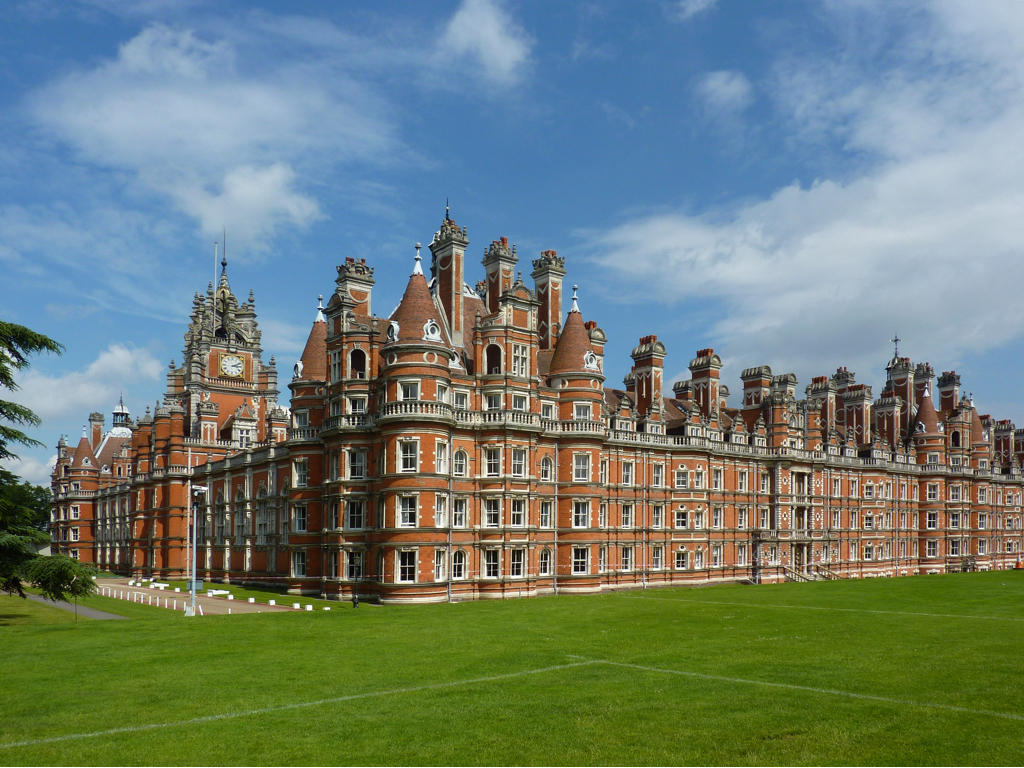
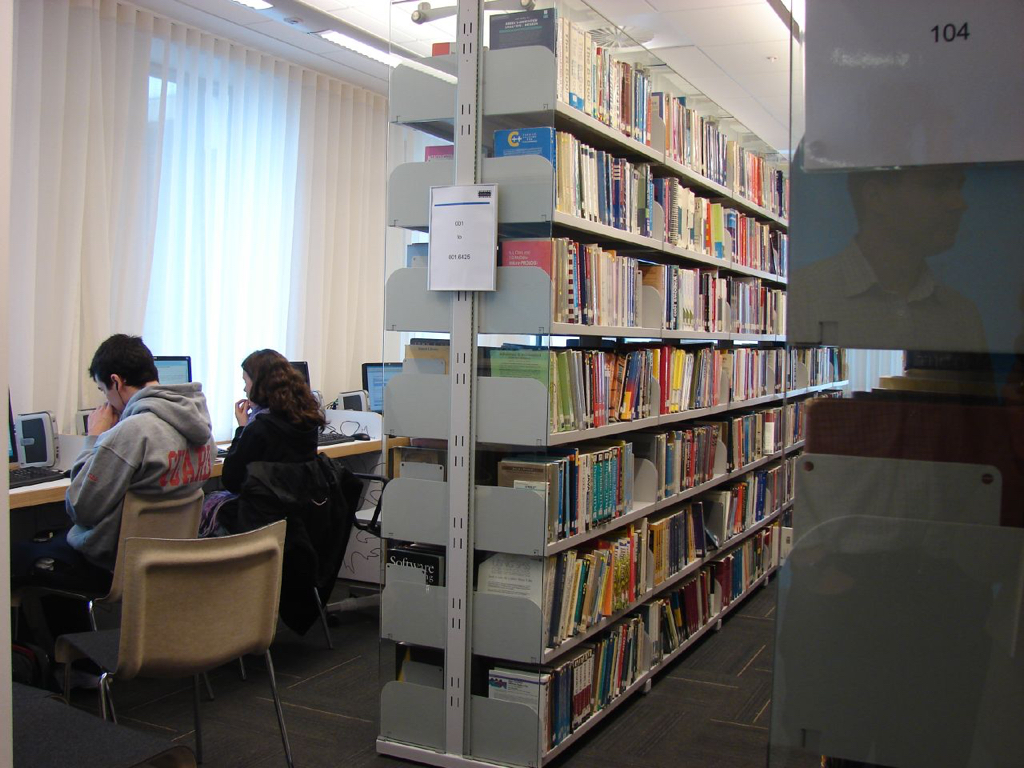
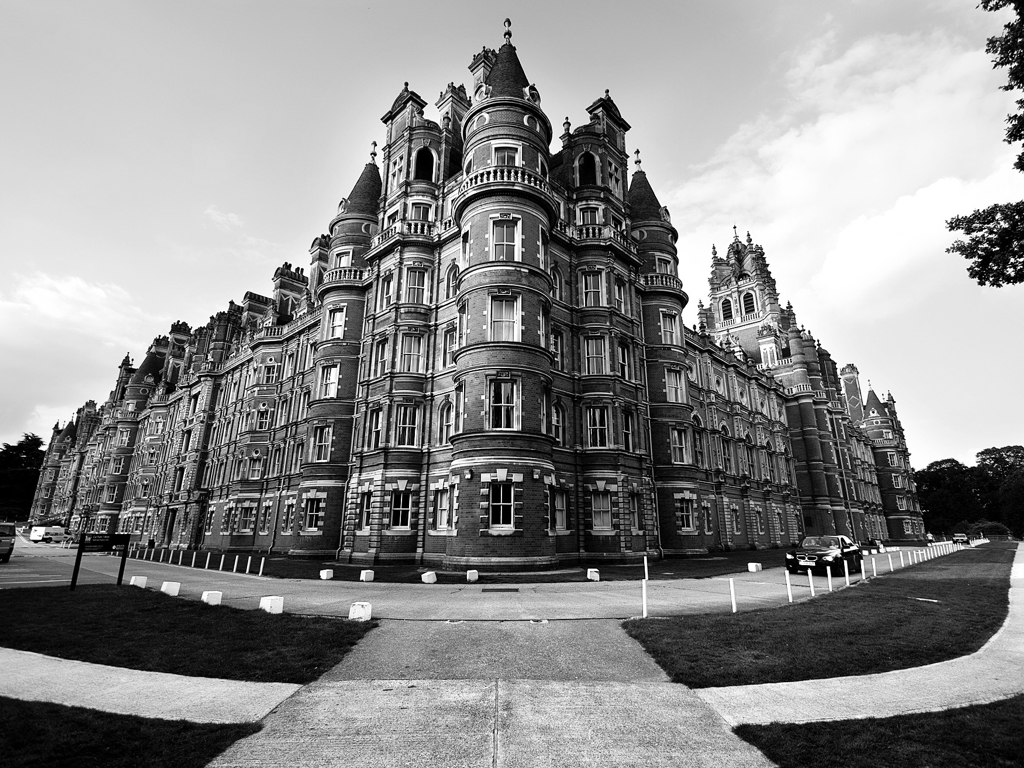
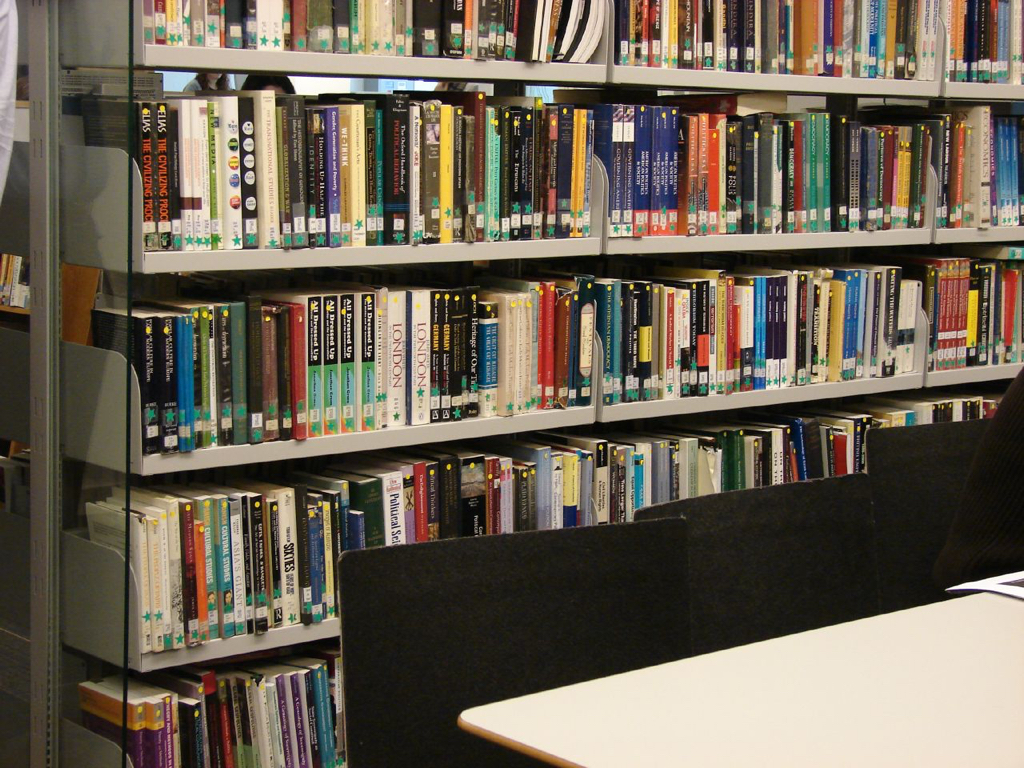
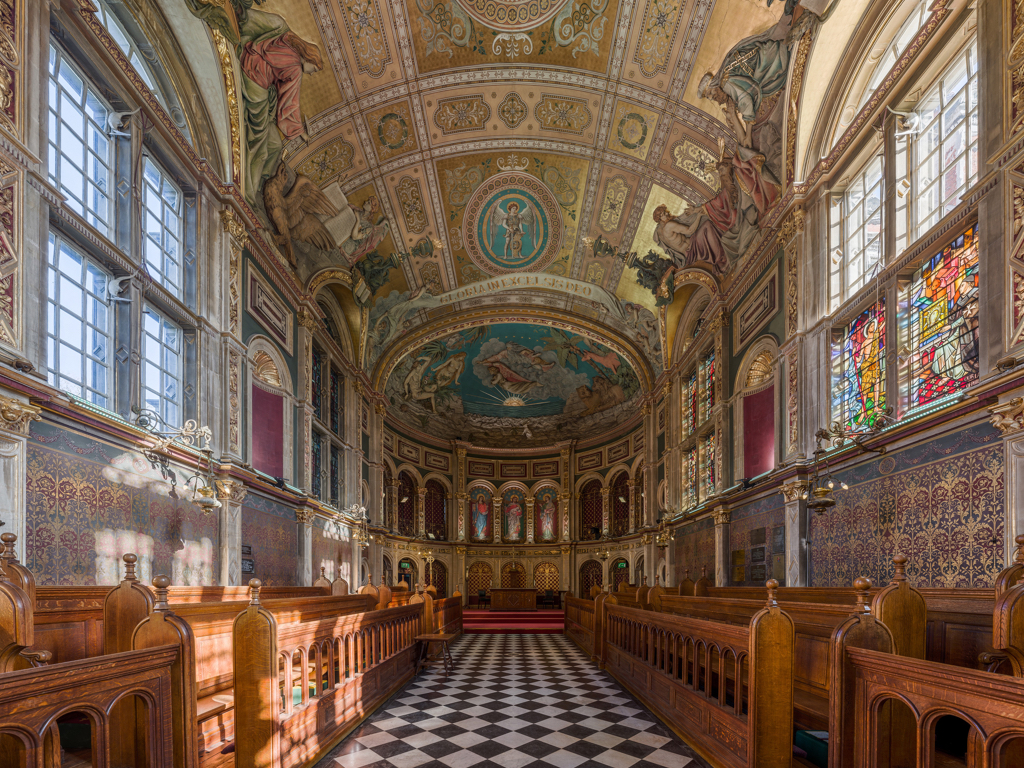

Resources
Internet-accessible communication journals are particularly well catered for in the College Library via EBSCO's Communication and Mass Media Complete journals database, covering 600 titles. Access this via MetaLib (on campus only or off-campus via VPN) at this link.
The College is a subscriber to BoB, an off-air recording and media archive service. BoB is available to staff and students of member institutions of the British Universities Film & Video Council that hold an ERA+ license. This TV scheduling service allows you to record TV and radio programmes that are scheduled to be broadcast over the next seven days as well as retrieving programmes from the last seven days from a selected list of recorded channels. We use it in our teaching and you may use it in research for your assignments and for data for your dissertation.
Sources of Funding
Our MSc programme is supported by the UK Postgraduate Loan scheme. More details here.
Our MSc programme is fully accredited by the UK Economic and Social Research Council (ESRC) as part of its doctoral training arrangement. If you are interested in studying for our Masters as a foundation year for the PhD please consult the PhD page.
Please note also that there is a range of Masters Scholarships available for international students applying for this Masters programme. Please visit the College's Studentships pages for further information.
How to apply
To read more about this programme and to apply, click here.
Further information is available from the the postgraduate director, Dr. Ivica Petrikova on ivica.petrikova@rhul.ac.uk.

